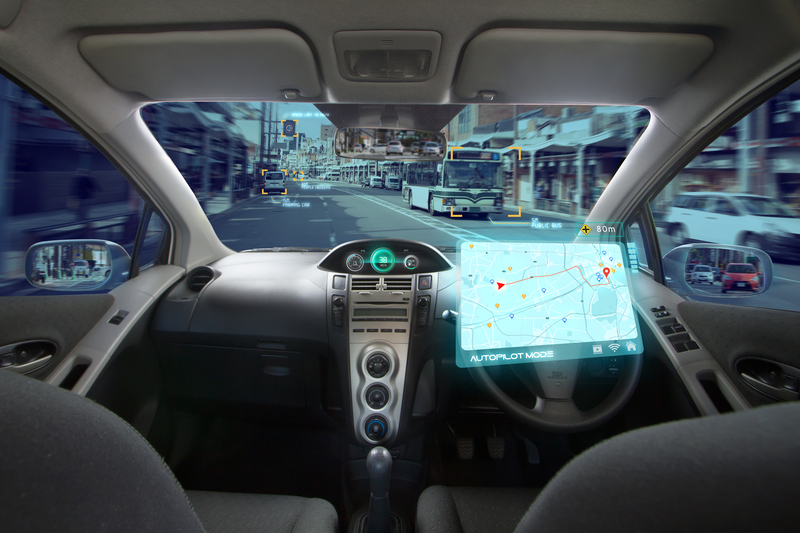
A new report suggests responsibility for driving offences caused by vehicles with “self-driving features” lies with the manufacturer of the driving system itself - not the driver.
Automated Vehicles: Joint Report by the Law Commission of England and Wales and the Scottish Law Commission recommends a new system of accountability once a vehicle is authorised by a regulatory agency as having autonomous vehicle (AV) features, and such a feature is engaged.
Under it, the legal bodies say the driver would become a 'user in charge', meaning they cannot be prosecuted for offences which arise directly from the driving task - such as exceeding the speed limit or running a red light.
While the report focuses on British law, such a shift an emphasis would have significant ramifications for manufacturers of AVs and of driving systems if widely adopted.
The report clarifies that the user in charge (i.e. the human in the driving seat) would retain other driver duties such as carrying insurance, checking loads or ensuring that children wear seat belts.
But in legal terms, the responsibility falls on so-called authorised self-driving entities (ASDE), rather than the driver.
The ASDE "is the manufacturer or developer that puts the vehicle forward for authorisation and takes responsibility for its actions", the report explains.
The commissions recognise that some vehicles may be authorised to drive themselves without anyone in the driver seat, making any occupants passengers.
A licensed NUIC (no user in charge) operator would oversee - and be responsible for - these vehicles.
In addition, the report recommends introducing a new Automated Vehicles Act to regulate vehicles that can drive themselves. It suggests drawing a clear distinction between features which just assist drivers, such as adaptive cruise control, and those that are self-driving.
It also says AV regulators should develop guidance regarding activities that a user in charge may (or may not) undertake.
Nicholas Paines QC, public law commissioner says: “We have an unprecedented opportunity to promote public acceptance of automated vehicles with our recommendations on safety assurance and clarify legal liability. We can also make sure accessibility, especially for older and disabled people, is prioritised from the outset.”
David Bartos, Scottish Law commissioner says: “How should the law deal with self-driving technologies? Our joint report with the Law Commission sets out new laws for allowing automated vehicles on our roads, ensuring safety and accountability while encouraging innovation and development.”











